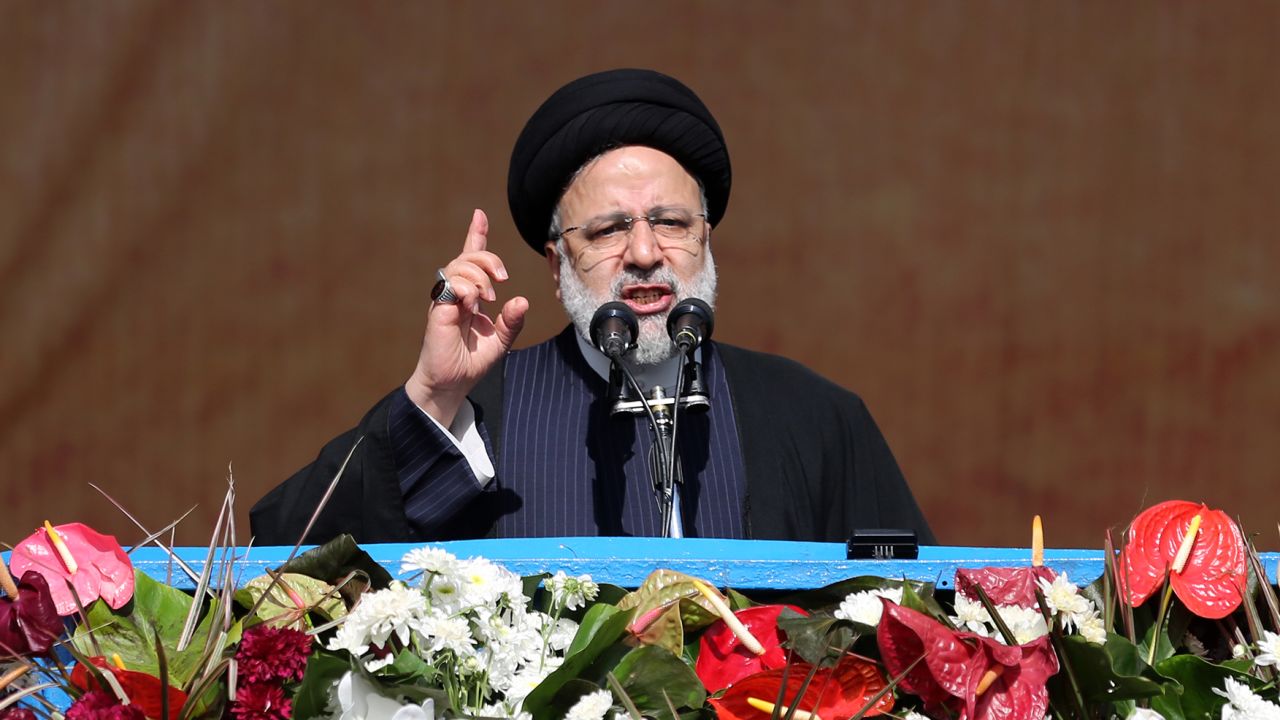Growing Tensions Between Iran, Hamas, and Israel Amid Calls for Justice
Iran's supreme spiritual leader, Ayatollah Ali Khamenei, has once again attacked Israel, reiterating his ominous promise. In a controversial address made in the presence of Hamas leader Ismail Haniya, Khamenei declared, “The divine promise to destroy the Zionist entity will be fulfilled and we will see the day when Palestine rises from the river to the sea.” His statements come at a time when tensions are at an all-time high following the escalation of hostilities since the October 7, 2023 attacks on Israel.
Haniya's presence in Iran, initially for the funeral of Iranian President Ebrahim Raisi who died in a helicopter crash, underscored the deep ties between Iran and Hamas. Haniya expressed hope for continued support from Iran, acknowledging past financial and military aid provided by the Islamic Republic. “We are sure that the Islamic Republic of Iran will maintain its support for the Palestinian people,” Haniya noted, underlining that the October 7 attacks on Israel would not have been possible without such support.
In the wake of Raisi's death, speculations about the cause of the helicopter crash have surged, with possibilities ranging from bad weather and technical defects to sabotage by Israel. Iran's Chief of General Staff, Mohammed Bagheri, has called for a thorough investigation as the crash has only added more fuel to the ongoing conflict between the two nations.
Meanwhile, the International Criminal Court (ICC) has sought arrest warrants for senior officials from both Israel and Hamas, accusing them of war crimes and crimes against humanity in connection with the October 7 attacks. This move has been met with mixed reactions globally. France has voiced its support for the ICC and its commitment to fighting impunity, whereas the United States has condemned the arrest warrants against Israeli leaders, with President Joe Biden and Secretary of State Antony Blinken labeling the charges as ‘scandalous’ and ‘shameful’ respectively.
The ICC’s prosecutor, Karim Khan, is pushing for the prosecution of Israeli Prime Minister Benjamin Netanyahu, Defense Minister Yoav Gallant, and senior Hamas leaders Yahya Sinwar, Ismail Haniyah, and Mohammed Diab Ibrahim al-Masri, also known as Mohammed Deif. These charges include serious allegations such as deliberately starving civilians, extermination, rape, and hostage-taking. If approved, these arrest warrants could significantly impact international relations and travel dynamics for the accused officials.
As the investigation and potential trials loom, the situation remains highly volatile. The ICC's actions highlight the complexity of achieving justice in prolonged conflicts, echoing the sentiments of various international actors calling for a sustainable political solution to restore peace and stability in the region.
- The ICC, based in The Hague, was established in 2002 to prosecute individuals for crimes of genocide, crimes against humanity, and war crimes. It operates independently of the United Nations but maintains a cooperation agreement with the UN General Assembly.
- The Court's jurisdiction extends to any crimes committed within the territories of its member states or by their nationals. Despite Israel’s non-recognition of the ICC, it remains under scrutiny due to allegations of misconduct in Gaza and other occupied territories. This highlights the global reach and influence of the ICC in prosecuting international crimes.
- The situation in Gaza has been dire, with Palestinian authorities reporting over 35,000 deaths and significant humanitarian crises since the conflict began. This context adds a layer of urgency to the ICC’s investigations and the international community’s calls for adherence to international humanitarian law.





